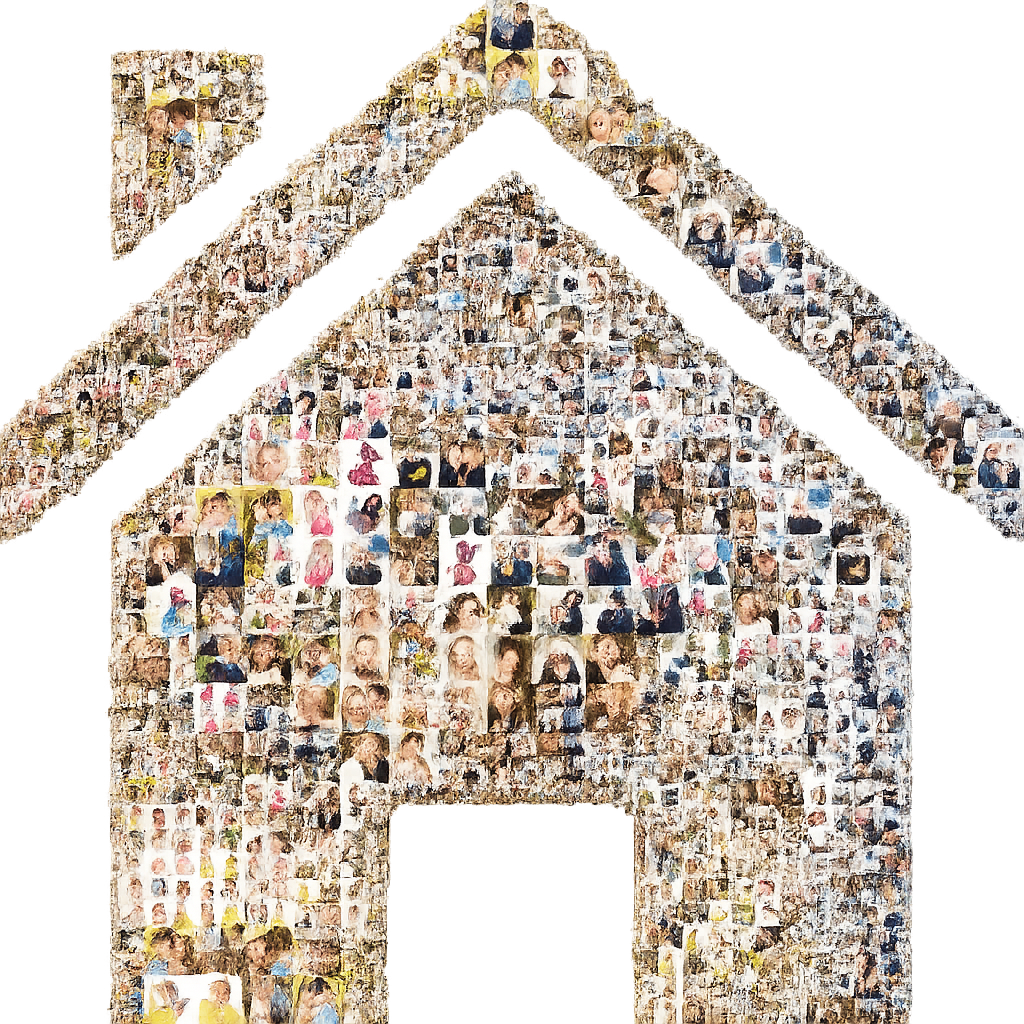Le logement dans l’optique de l’autisme

Le Logement dans l’optique de l’autisme (LOA) était un projet visant à répondre aux difficultés rencontrées par de nombreux adultes autistes pour trouver et conserver le logement qu’ils souhaitent et dont ils ont besoin, en particulier en tant que jeunes adultes et personnes âgées.
L’objectif du projet était de développer des méthodes pertinentes et applicables dans l’immédiat pour assurer aux personnes autistes des options de logement intégrant des moyens de soutien, des services et des ressources.
Le projet s’est déroulé d’octobre 2002 à mai 2022.
Le projet
Ce projet était financé en partie par la Stratégie nationale sur le logement de la Société canadienne d’hypothèques et de logement (SCHL). L’équipe du projet LOA était composée de manière à représenter tous les éléments du système entourant l’adulte autiste dans le contexte du logement. Elle comprenait notamment des adultes autistes, des membres de leurs familles, des prestataires de services, des fournisseurs de logements, des scientifiques et des spécialistes.
What is a Solutions Lab?
Un laboratoire de solutions est un espace où des groupes diversifiés peuvent se rassembler pour élaborer des solutions à un problème qu’une seule personne ou un seul groupe ne pourrait pas résoudre. Les problématiques abordées sont habituellement complexes et systémiques.
Un laboratoire de solutions :
• aborde une problématique du début à la fin;
• propose des idées ou des solutions;
• experiments with those ideas or solutions to see what works
• travaille pendant une certaine période sur une problématique centrée sur les personnes.
Quels ont été les résultats?
Le projet LOA a publié un certain nombre de ressources et de rapports. Plusieurs de ces publications continuent d’influer sur le travail effectué dans ce domaine et sur les efforts d’amélioration des résultats en logement pour les personnes autistes au Canada. Cliquez sur les ressources ci-dessous pour en savoir plus.
La double problématique du logement
Cette infographie décrit les deux périodes de stress dans la vie des adultes autistes en lien avec le logement : le début de la vie adulte et la transition vers la vieillesse.
Éléments du projet Logement dans l’optique de l’autisme : Définitions
Ce document d’une page définit les huit éléments de la neuroinclusivité dans le secteur du logement. Ces éléments peuvent servir à guider la planification du logement.
Mémoire du projet
Le mémoire est un document qui résume et explique le projet. Ce document présente les grandes lignes et les réflexions du projet Logement dans l’optique de l’autisme.

